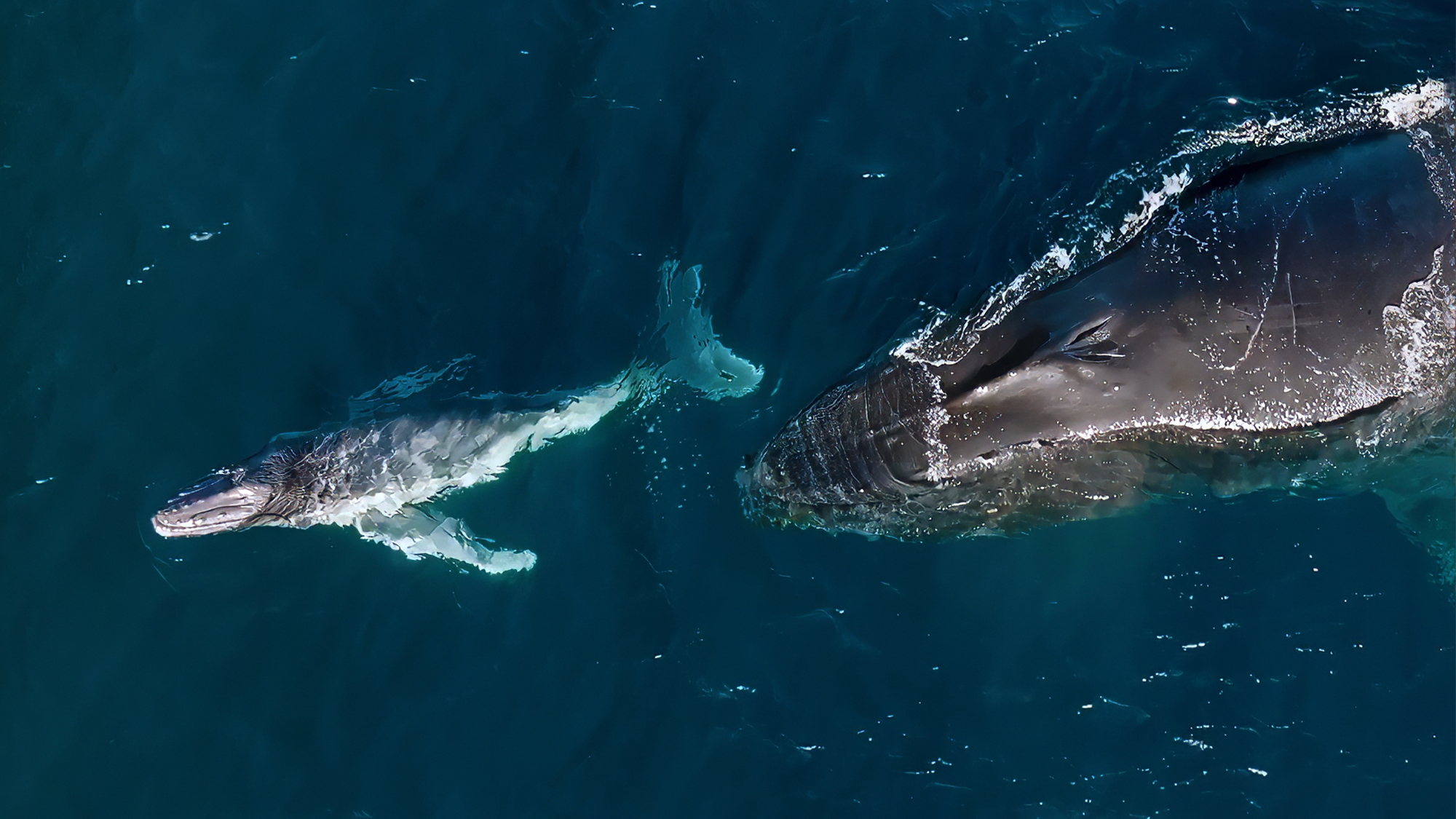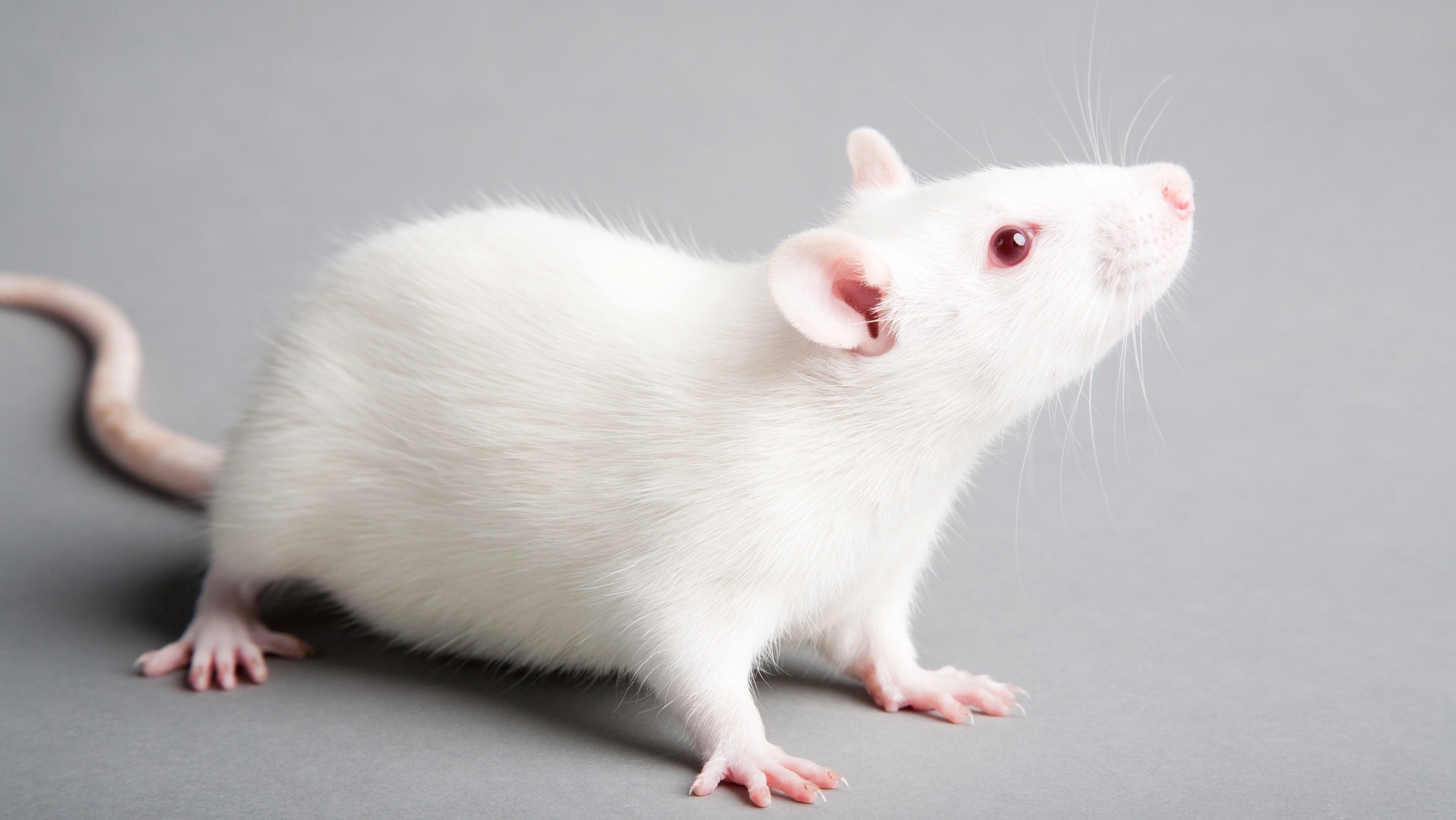Humpback whales (Megaptera novaeangliae) are master migrators. Some populations of this baleen whale species travel upwards of 5,000 miles per year from colder waters to feed, towards warmer tropical waters where they give birth and care for their calves.
However, new research on a population off Australia’s eastern coast indicates that their trips to more balmy waters are not as essential to calving as biologists thought. Calves in this population can actually be born in colder waters near New Zealand or Tasmania–about 932 miles further south (1,500 kilometers) than previously known. Understanding this pattern could challenge some long-held beliefs about humpback migration and improve protection areas to help these baby whales. The findings are detailed in a study published May 20 in the journal Frontiers in Marine Science.
“Hundreds of humpback calves were born well outside the established breeding grounds,” said Tracey Rogers, a study co-author and marine ecologist at the University of New South Wales in Australia. “Giving birth along the ‘humpback highway’ means these vulnerable calves, who are not yet strong swimmers, are required to swim long distances much earlier in life than if they were born in the breeding grounds.”
The ‘Humpback Highway’
In the Northern Hemisphere, humpback whales like those found on the east coast of the United States and Canada, typically migrate from colder feeding in the Northern Atlantic Ocean in the summer and south to the Caribbean for the winter to breed and calf.
For Southern Hemisphere humpbacks like those off the coast of Eastern Australia, the directions are flipped because of the equator. They travel from their frigid feeding grounds in the Southern Ocean around Antarctica, north towards the Pacific Ocean in Australia to breed, calve, and care for their young.
Finding this new baby whale hotspot arose due to study co-author and University of New South Wales Ph.D candidate Jane McPhee-Frew’s extracurricular work as a marine guide.
“In July 2023, during a whale-watching tour, I encountered

















